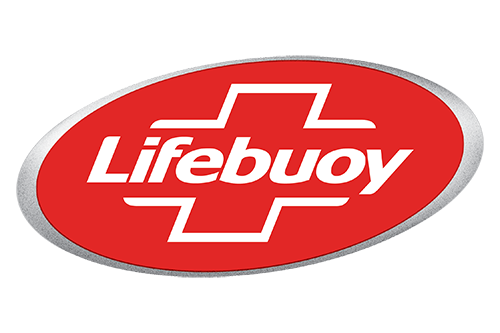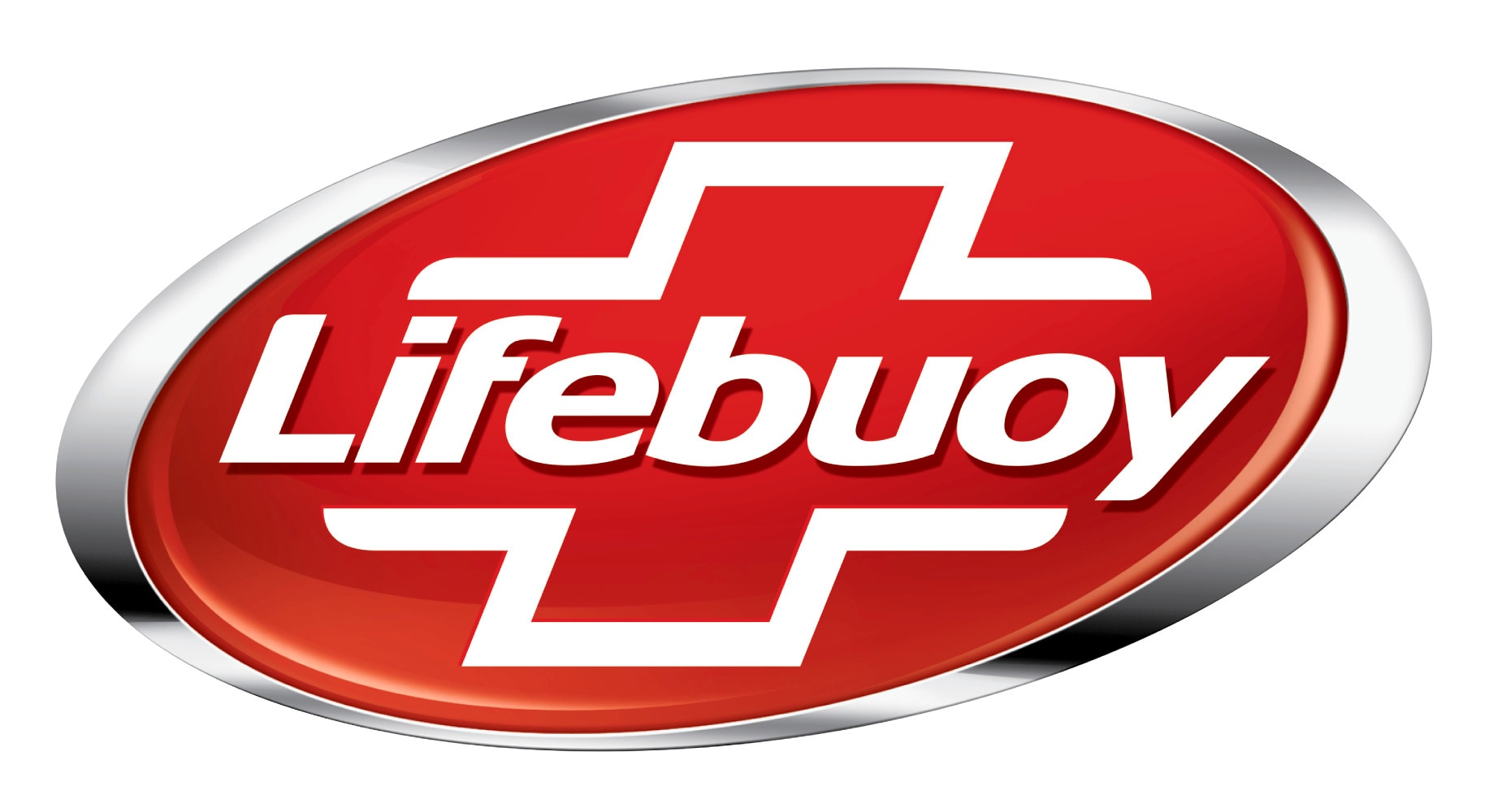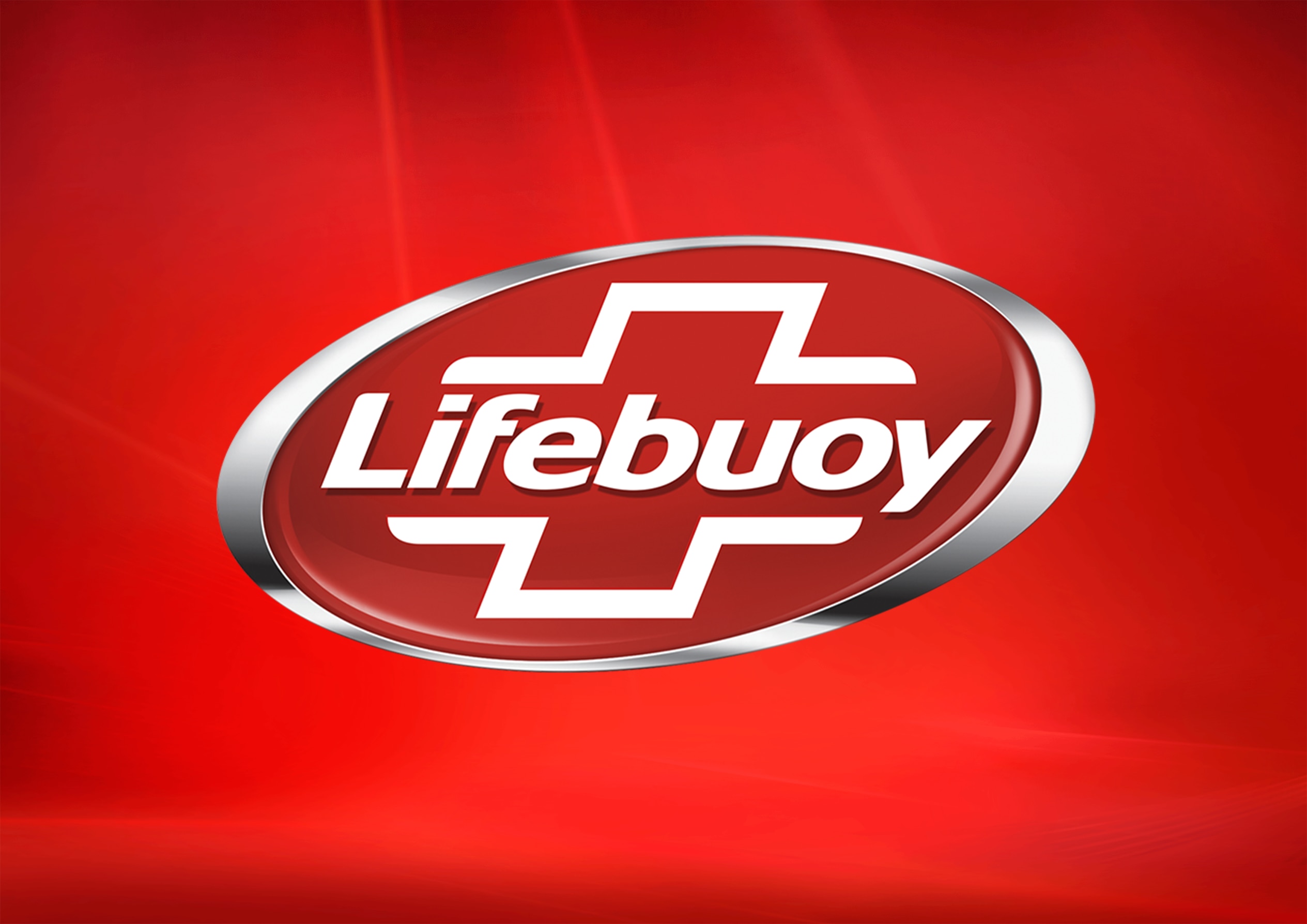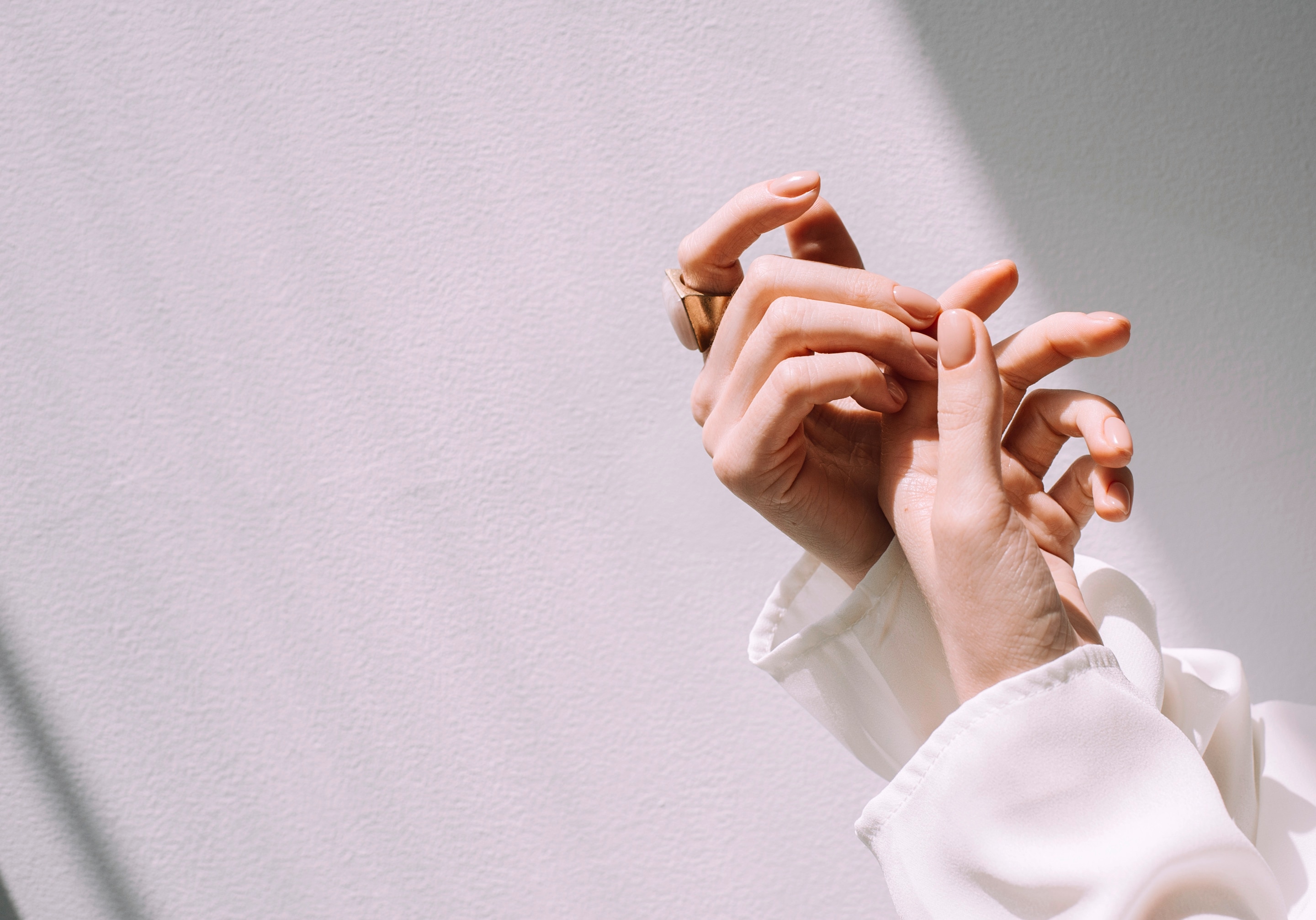It’s impossible to keep your baby from all the bugs out there but you can reduce the number of times they fall sick. Here are some tips to protect your little one from bad bugs.
Useful Tips to Fight Germs
28 April 2016
Keep your baby close to you
Newborns are more susceptible to germs due to their immature immune system. As such, infants can fall extremely sick from serious infection.
One of the easiest ways to protect babies against germs is by washing hands before holding them. Research has shown that the biggest cause of the spread of germs comes from human contact. According to the US Centers for Disease Control and Prevention, up to 80 per cent of all infections are transmitted by hands and the simple act of washing hands can keep babies safe from infections.
Try to instill good habit in your relatives and friends during visiting. Politely ask your guests to wash or sanitize their hands before touching your baby’s chubby cheeks or cute little fingers. Even though it may be awkward to tell them to do that, you need to be assertive for your baby’s welfare.
Bring sanitizers everywhere you go to keep germs at bay. One of the recommended sanitizers to use is Lifebuoy Hand Sanitizer Mild Care. It is enriched with moisturizers and Vitamin E that leave your hands 99.99% germ free, soft and smooth.
Avoid crowded places
Some parents love to take their newborn to large gathering for everyone to admire. This could be a mistake as your baby will be exposed to people who are potentially sick and get infected as well. For the first four to six weeks, try to steer clear of crowded places such as the shopping mall as newborns pick up bugs easily
However, that does not mean you cannot leave the house with your little bundle of joy. For a start, your neighbourhood park makes a great place for your baby first time out. Take your baby out in a stroller and have a leisure stroll. The dose of fresh air and greenery will be exhilarating for both your baby and you.
Smart sterilizing of milk bottles
As both your breast milk and formula milk are susceptible to bacterial contamination, it is important that you store them in properly sterilized bottles. Ignorance to the cleanliness of your baby’s bottles may cause stomach infection in your baby as their immune system is still too weak to fend off germs.
One way to sterilise bottles is through boiling. Boiling can eliminate any harmful germs. The high temperature does not allow any microscopic organism to live. This traditional method still proves the most effective in killing germs and keep the bottles squeaky clean.
Another method is to use disinfectant liquid or tablets to sterilise baby’s bottles. Immerse the bottles into the chemical solution and leave them until your next use. Make sure you throw away the solution after 24 hours to prevent the growth of germs.
The last method is to steam the bottles with electric sterilisers. Like the boiling method, high temperature is used to clean and disinfect the bottles. Using electric sterilisers save you a lot of time as you just need to place the bottles in it, add a certain amount water as instructed and leave them inside until the machine prompt you it is done.
Wash your baby’s clothes separately
Washing baby’s clothes incorrectly may give rise to a series of allergies and infections in your baby. To mitigate the chances of allergy, it is better to do your baby’s laundry separately to prevent dirt from other clothes from settling on the baby’s clothes.
If your little one has sensitive skin, choose a gentler formula. Allergies and rashes are usually caused by the dye and scent chemicals used in the detergent. Get those detergents that are marked ‘fragrance-free” and “dye-free” to wash your baby’s clothes as they are gentler on their fragile skin. Use the recommended amount of detergent and rinse the clothes twice to remove any chemical residue entirely.
Keep your house squeaky clean
Getting the germs off surfaces in your home is an important way of preventing illness. Household cleaning and disinfecting are both options. The two most important places to clean are the kitchen and bathroom.
Food-borne diseases such as food poisoning are common if you do not keep your kitchen clean. After preparing raw meat, fish and poultry, you should always disinfect the kitchen top immediately to prevent bacteria growth. It is also recommended to wipe down kitchen surfaces and sink daily, mop the kitchen floor, and change out the washing sponge or rag regularly to avoid the spreading of germs around the house that may cause your baby to fall sick.
Another red spot in the house that needs regular cleaning is the bathroom. It is inevitably the most germ-filled place in the house, so make sure to disinfect the counter, sink, toilet and floor thoroughly.
Take precautions of pets
The mouth of an animal is filled with germs that could potentially cause babies to fall sick if they come into close contact with it. To keep your baby infection-free, try to prevent your pet dog or cat from licking his face or hands for the first few months. It is also wise to keep your child away from your pet’s litter box and wash his hands after he has played with a pet.
The best you can do to keep germs at bay is to ensure the cleanliness of your family members and your household.
Clean your children hands with Lifebuoy Total 10 Germ Protection Handwash and Lifebuoy Hand Sanitizer to protect them from bad bugs.





